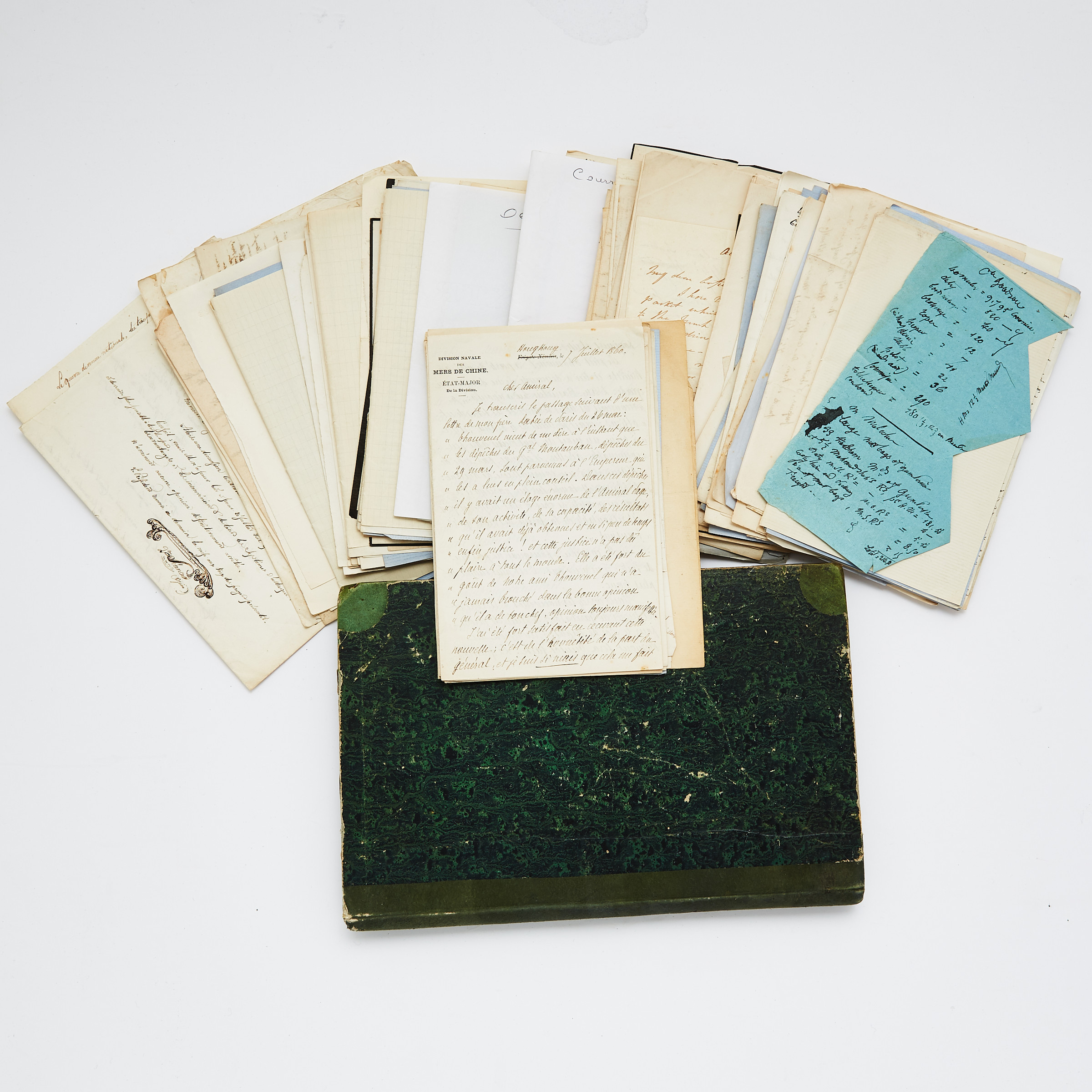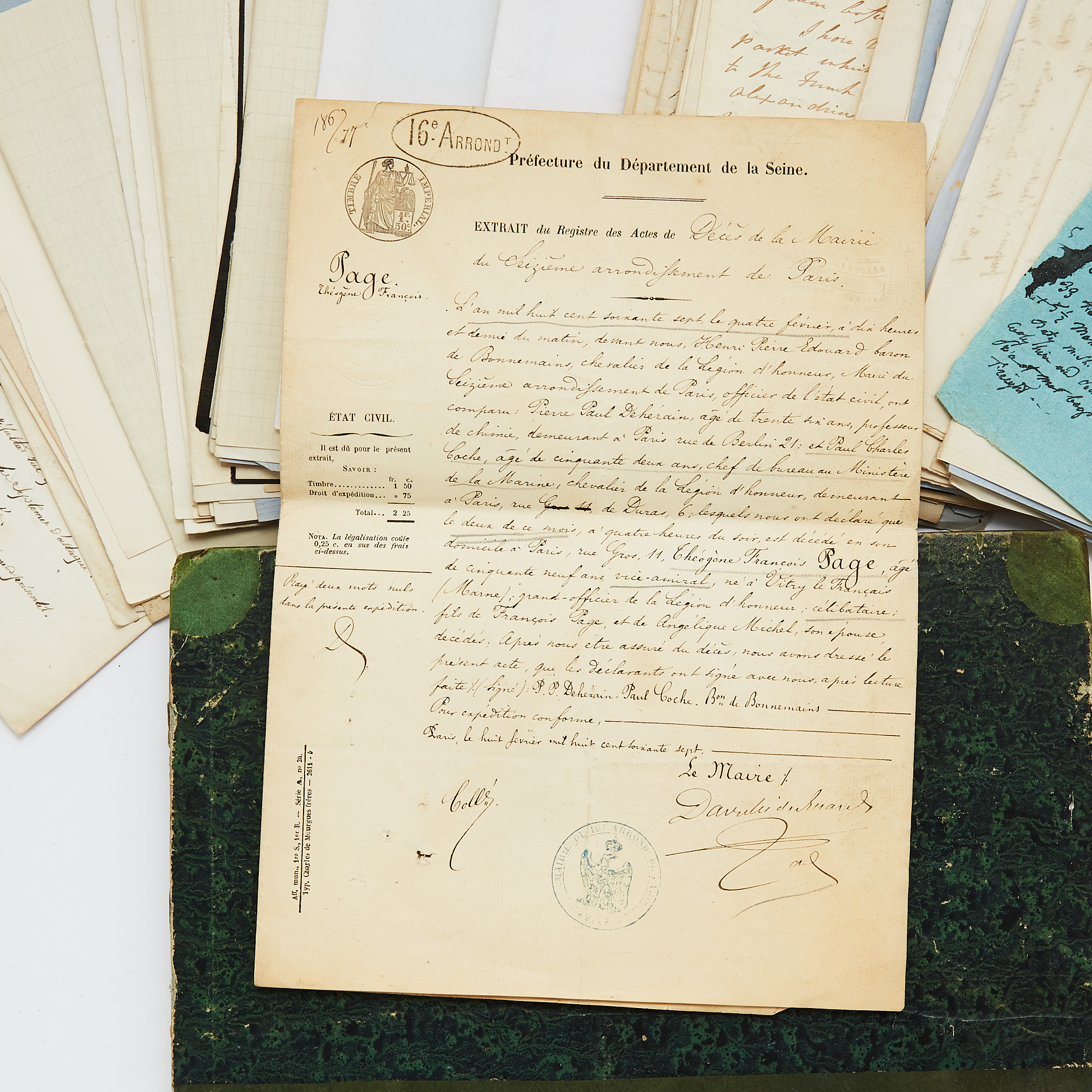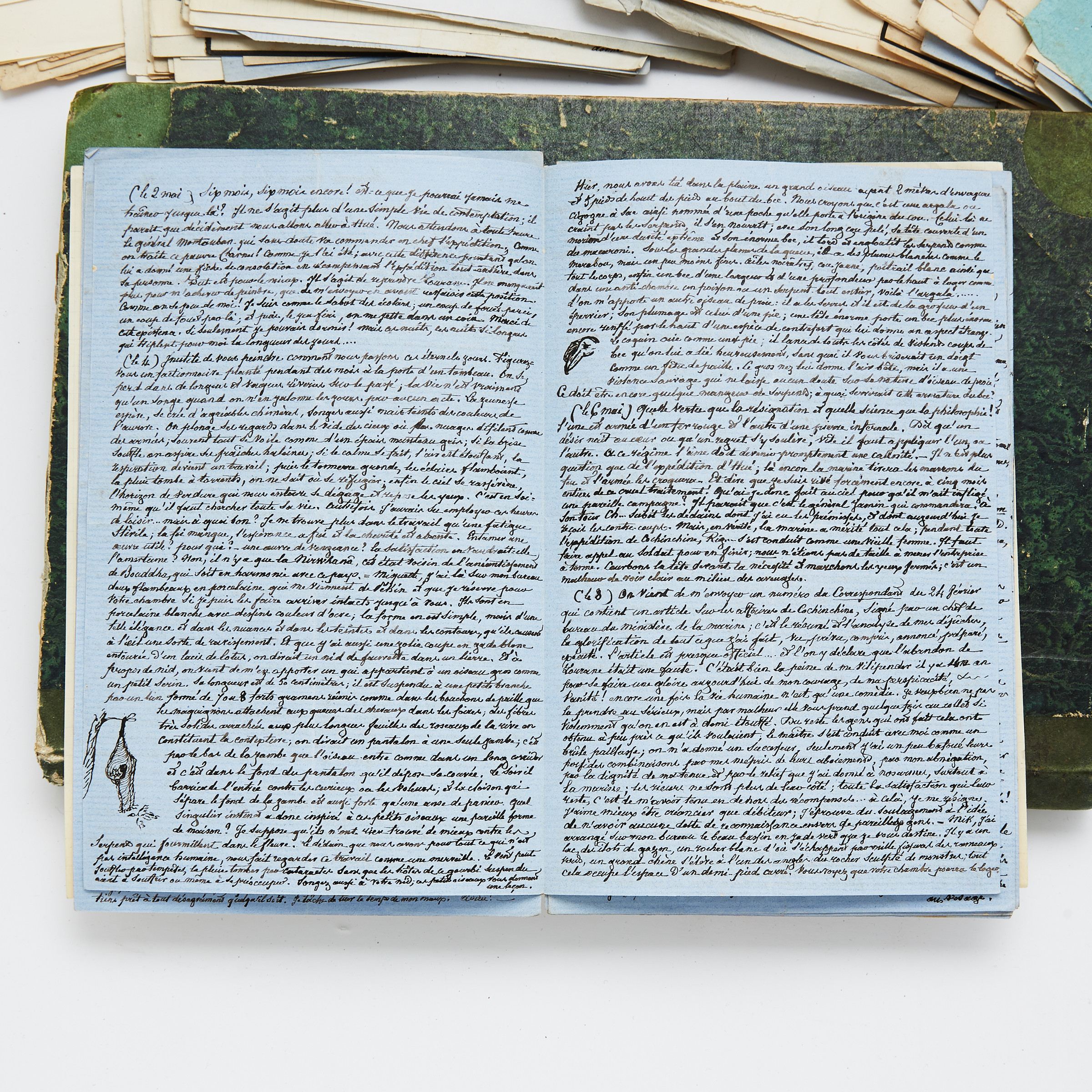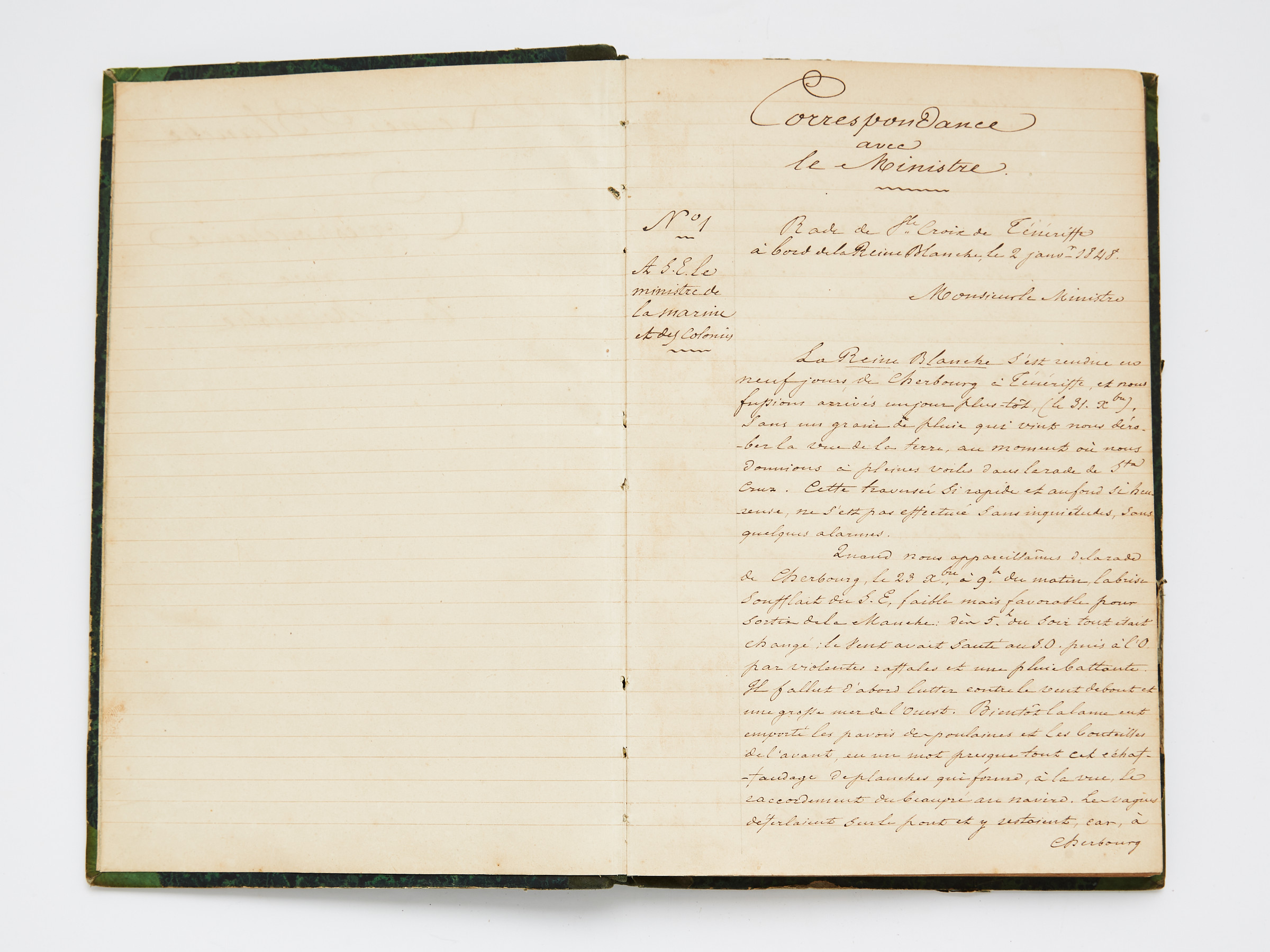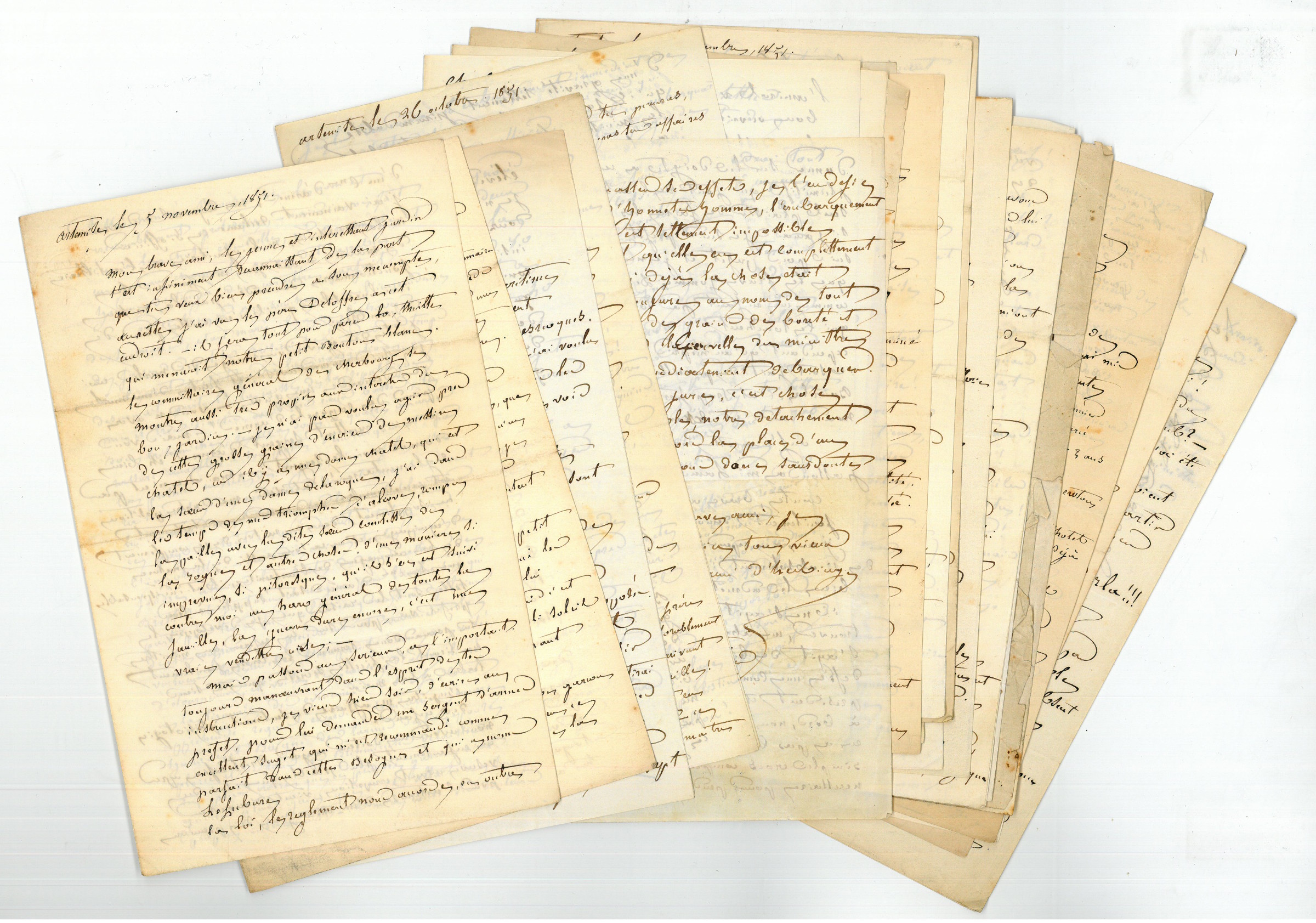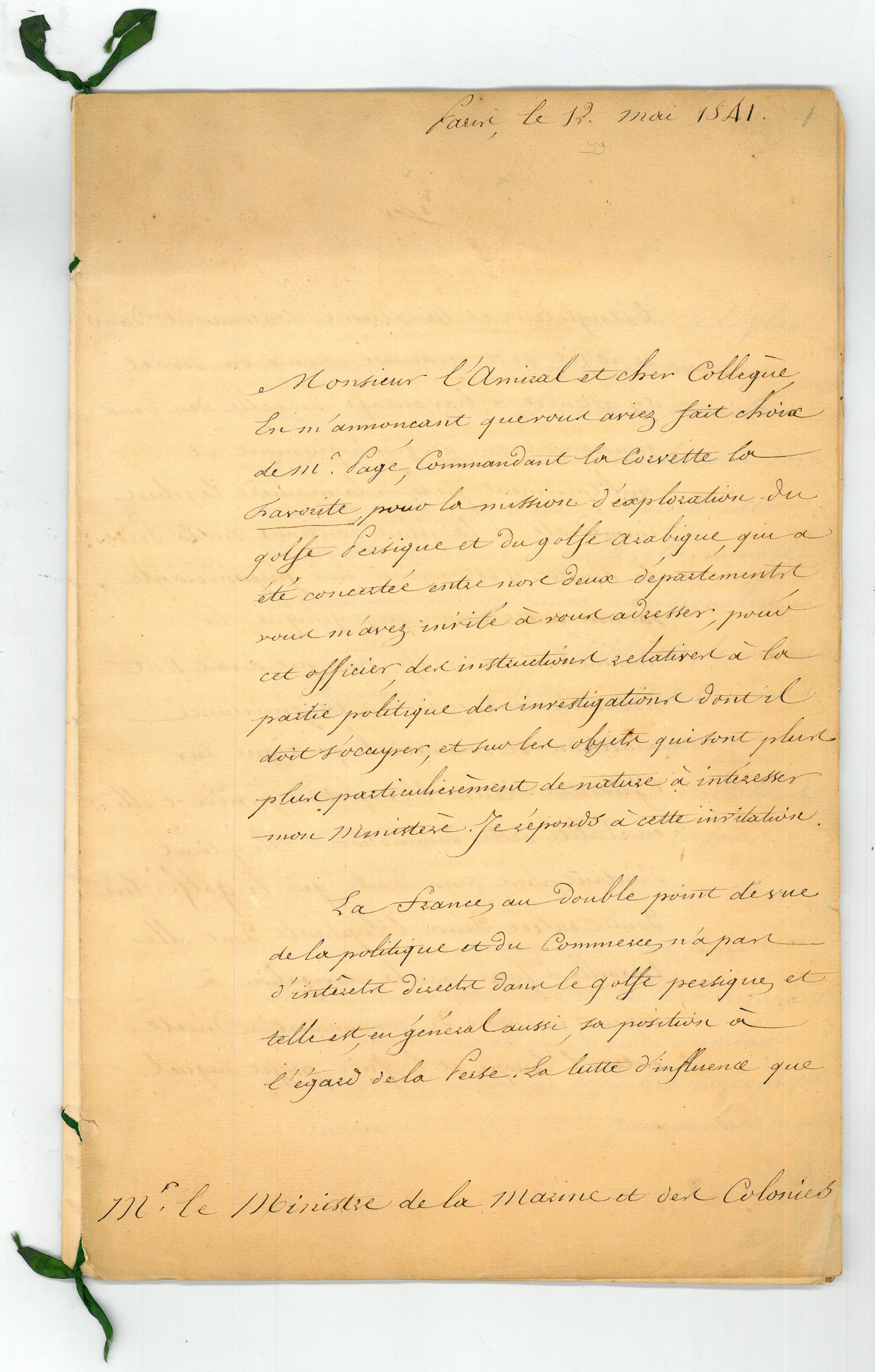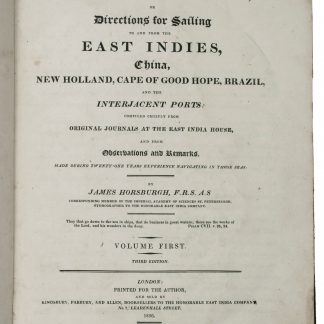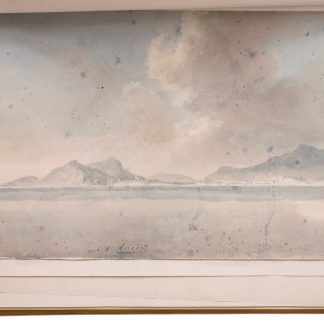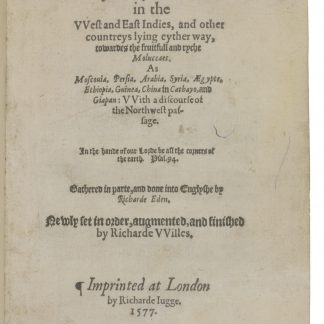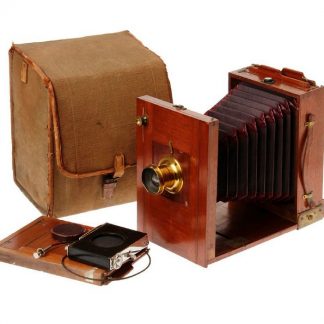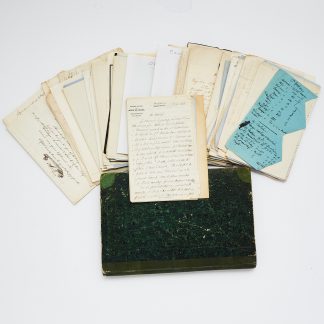Private and official correspondence by the commander of the first French diplomatic mission to the Gulf
The correspondence archive of Théogène François Page.
Mostly 8vo, a few items 4to and folio. 94 autograph letters (signed) by Page, 81 letters addressed to Page.
II: Copy book with 144 letters by Page to the Minister of the Navy and the Colonies, as well as to other officials, in his own handwritten transcript. 4to. Bound in contemporary half calf over marbled boards.
III: Protocol of a hearing of the Suez Canal Company. 4to. (230) ff., numbered 190-425.
€ 25.000,00
Extensive correspondence archive kept by the prominent French naval commander during his voyages across the globe, from the Arabian Gulf to Madagascar, Rio de Janeiro, French Polynesia, China, Vietnam, and Japan. Crucially, the archive includes detailed official instructions for the first French diplomatic mission ever made to the Gulf, carried out under Page's command by the frigate La Favorite, which departed from Brest on 3 June 1841. The mission's importance is shown in perspective by a letter to Guy-Victor Duperré (1775-1846), Ministre de la Marine et des Colonies, wherein the French officials admit to their hitherto fruitless efforts to establish a relationship with the Gulf states: the writer discusses the difficulties experienced in installing a French consulate at Bushehr, while British efforts to establish themselves in the Gulf region have proved so successful. The letter emphasizes that the French interests in the region lie mainly in monitoring British advances: "Quant à nous, les tentatives que nous avons faites, à différentes reprises, pour établir des relations avec la Perse par le golfe, ont toujours été infructueuses. Le gouvernement du Roi [...] créa, l'année dernière, une agence consulaire à Buschir; mais les difficultés que ce projet a rencontrées de la part du gouvernement persan n'en ont pas permis l'execution, et les choses restent ce qu'elles ont été jusqu'à ce jour [...] Mais il ne saurait nous être indifférent d'y surveiller la marche et les agrandissements de l'Angleterre, et tel est le principal objet de l'apparition que doit y faire la corvette la Favorite sous le commandement de Mr. Page [...]".
Among other destinations, La Favorite is to visit Muscat, with which France has enjoyed previous relations, as they have managed to establish a consulate in the Sultanate of Zanzibar, which has proved useful in extending commercial relations with the Imam: "Il est, sur la route du golfe Persique, un point de la côte d'Arabie que la corvette la Favorite aura également à visiter. Je veux parler de Mascate, dont le souverain a entretenu autre fois des relations directes avec la France. L'Etablissement d'un consul à Zanzibar [...] ayant paru propre à favoriser l'extension du peu de rapports commerciaux que nous avons avec les états de l'Iman [...]". Finally, the writer mentions a developing interest in Abyssinia, referring to the 1839 expedition led by Théophile Lefebvre, that involved pearl fishing: "L'attention est eveillée en France, depuis quelques années, sur l'Abyssinie [...] Je n'ai pas besoin de rappeler ici la mission d'exploration confiée [...] à Mr. Lefêbvre [...] dans laquelle il a été accompagné par [...] un agent qu'une maison de commerce envoyait faire des essais sur la pêche des perles [...]".
Page's private correspondence includes 57 letters to his wife from China, Japan, and Vietnam, discussing such matters as his health, political subjects, and the atrocities of the Second Opium War of 1860, mentioning dispossessions and people fleeing their homes: "Ces pauvres gens me font pitié [...] La guerre entraine forcèment des misères sans nombre [...] Les alarmes qu'on répond, les menaces des anciens maîtres, les fuites, les démènagements, les dépossessions forcées [...] Je me sens mal à l'aise à la vue de toutes ces femmes qui pleurent prêt de leurs toits en débris [...]". Page also provides picturesque accounts of the scenery, including a striking comparison of Japan to Tierra del Fuego: "Ainsi que la terre de feu à l'extrémité méridianale de l'Amérique, le Japon semble avoir été jêté sur la flanc orientale du grand continent d'Asie sur le Pacifique par une dernière convulsion de notre globe".
Furthermore, the archive includes 23 amicable autograph letters by the naval officer and pilot of the "Artémise", Joseph-Eugène de Poucques d'Herbinghem (1807-1900), to Page, most of them written at Cherbourg: "Il faut un chirurgien pour l'artemise qui part pour trois ans. Les cinq ou six pelerins de la confrèrie [...] s'evaporent comme une volée d'etourneaux [...]".
The collection is topped off by 144 transcript letters, the bulk issued in Papeete, as well as a protocol of a hearing of the Suez Canal Company and the French constructor Alphonse Hardon, who had exceeded the costs agreed on, which subsequently led to the termination of his contract in 1862. Finally, a report on Mexico and Buenos Aires, several poems, notes on Henry Bird (born in 1767), who was captured by American natives in 1811, a short travelogue from La Habana, several pages entitled "Notes supplementaires", all in Page's handwriting, as well as a medical certificate, Page's death certificate, some pencil sketches, and a few more brief documents are loosely enclosed.
Extremities of the copy book somewhat rubbed; letters very well preserved. An impressive collection, containing rich material reflecting a high-ranking naval officer's private throughts on French foreign affairs and on his own role therein.

